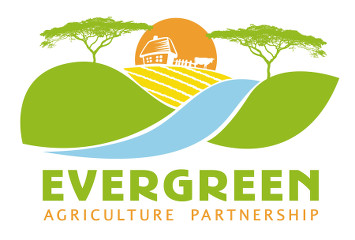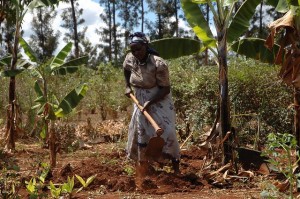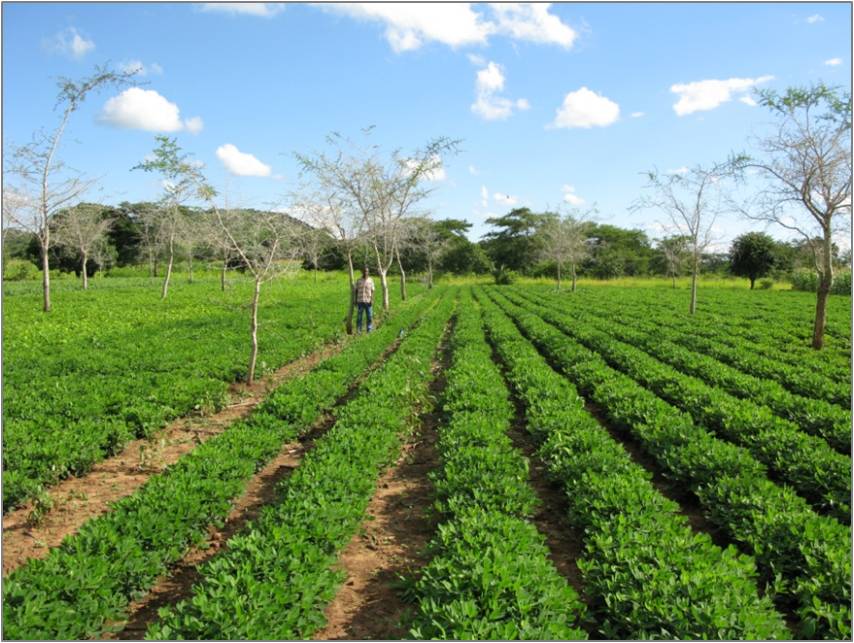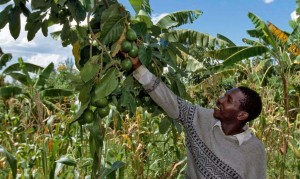European Union leaders have been wrestling in recent weeks with the surge of the “boat people,” tens of thousands of refugees from Africa and the Middle East crossing the Mediterranean in overloaded boats in the hopes of finding a better life. Many of these migrants died during the journey.
Refugees like the boat people are fleeing poverty and the loss of their livelihoods in the wake of political instability, conflicts and more deeply rooted issues like land degradation and food insecurity. While media reports have focused on the political crises, rural communities in the drylands of the Sahel, the Horn of Africa and Syria face crop failures linked to declining soil fertility and droughts.
As European leaders respond to the refugee crisis, it would be good to consider more than a military crackdown on migrant smugglers, increased surveillance of illegal migrants or allocation of additional resources for resettlement. The situation provides an opportunity to think deeply about what can be done to alleviate underlying, systemic problems of degraded land and food insecurity in the countries of origin. A new WRI report shows that a new “green revolution” in Africa could be a solution
Restoring Degraded Land to Improve Quality of Life
Awareness of the connections between degraded land and food insecurity, livelihood threats and climate change is growing—as is the support for solutions. The global Bonn Challenge aims to bring 150 million hectares (370 million acres) into restoration by 2020. The New York Declaration on Forests, signed in September 2014 during the Climate Summit in New York, pledges to restore 350 million hectares (865 million acres) of degraded forest land by 2030. The recent New Climate Economy report shows that restoring just 150 million hectares of degraded land by 2030 could feed 200 million people, raise $35-40 billion annually in farm incomes, strengthen climate resilience and reduce greenhouse gas emissions.





